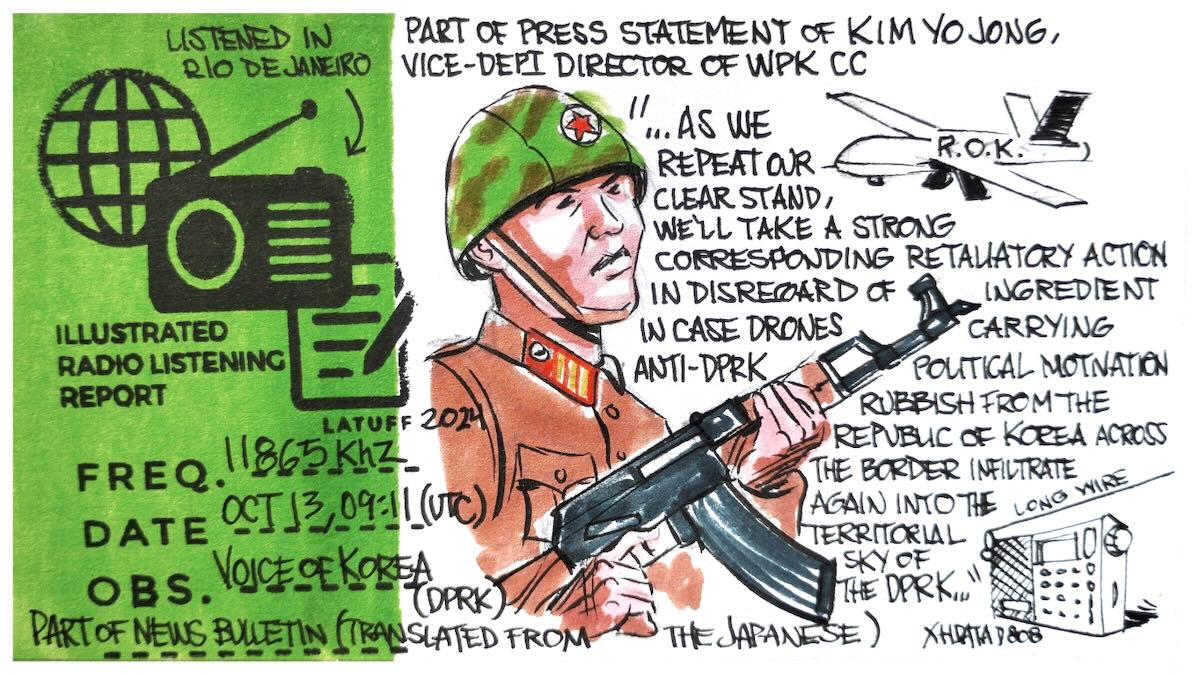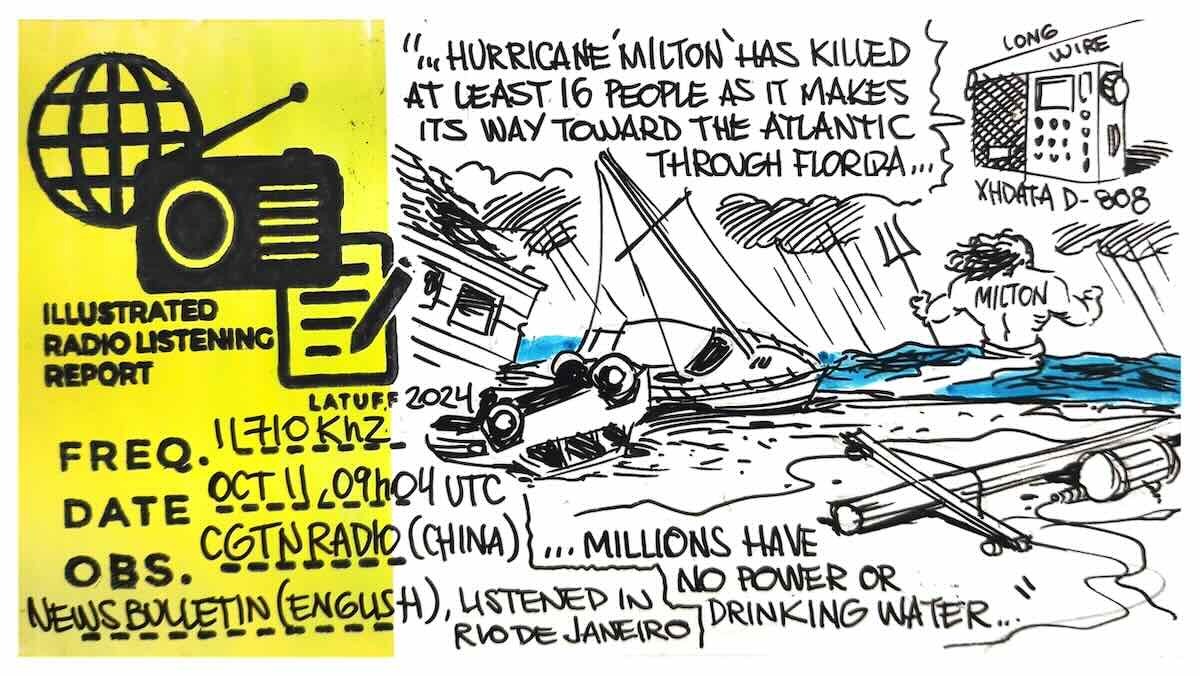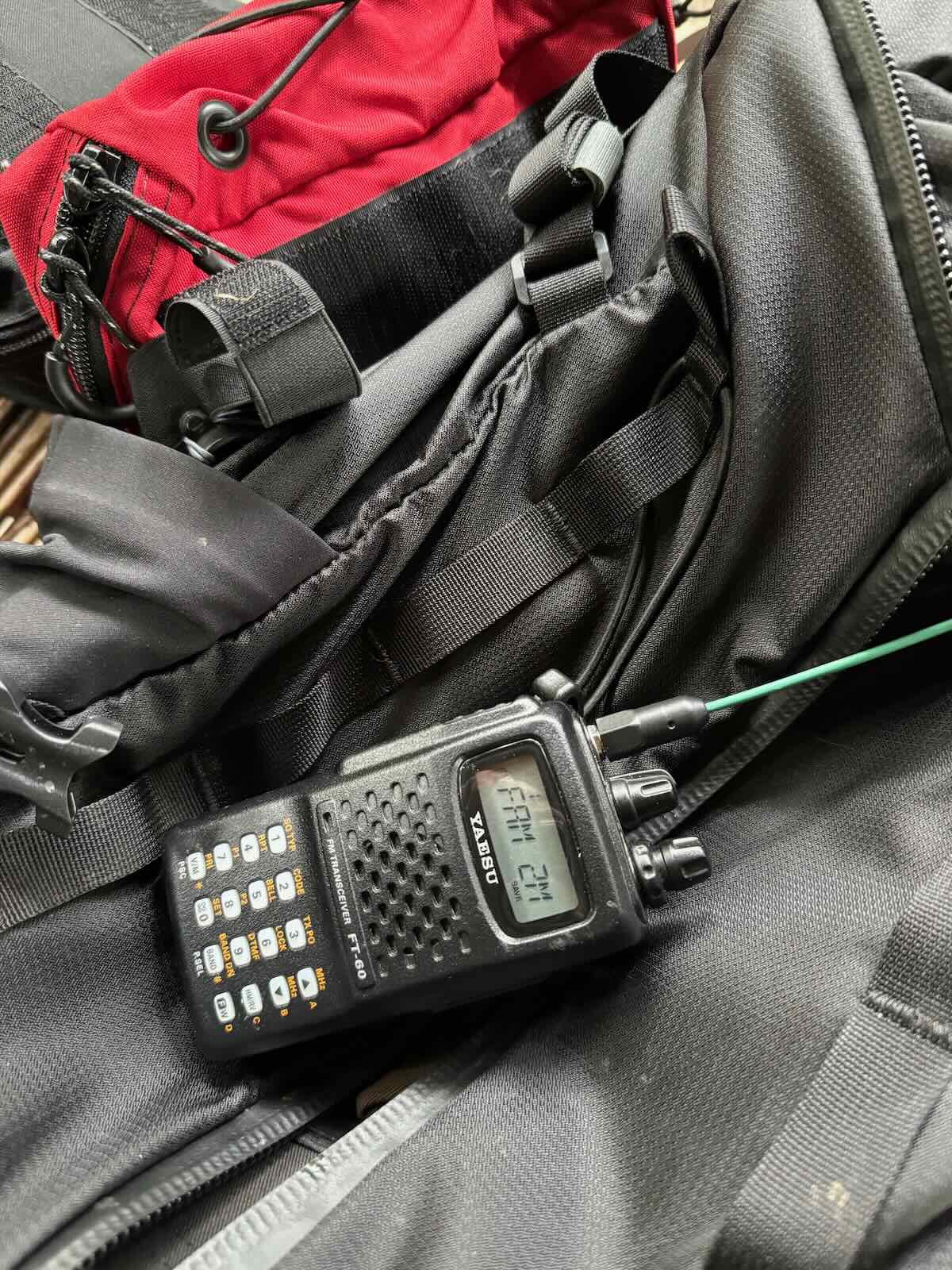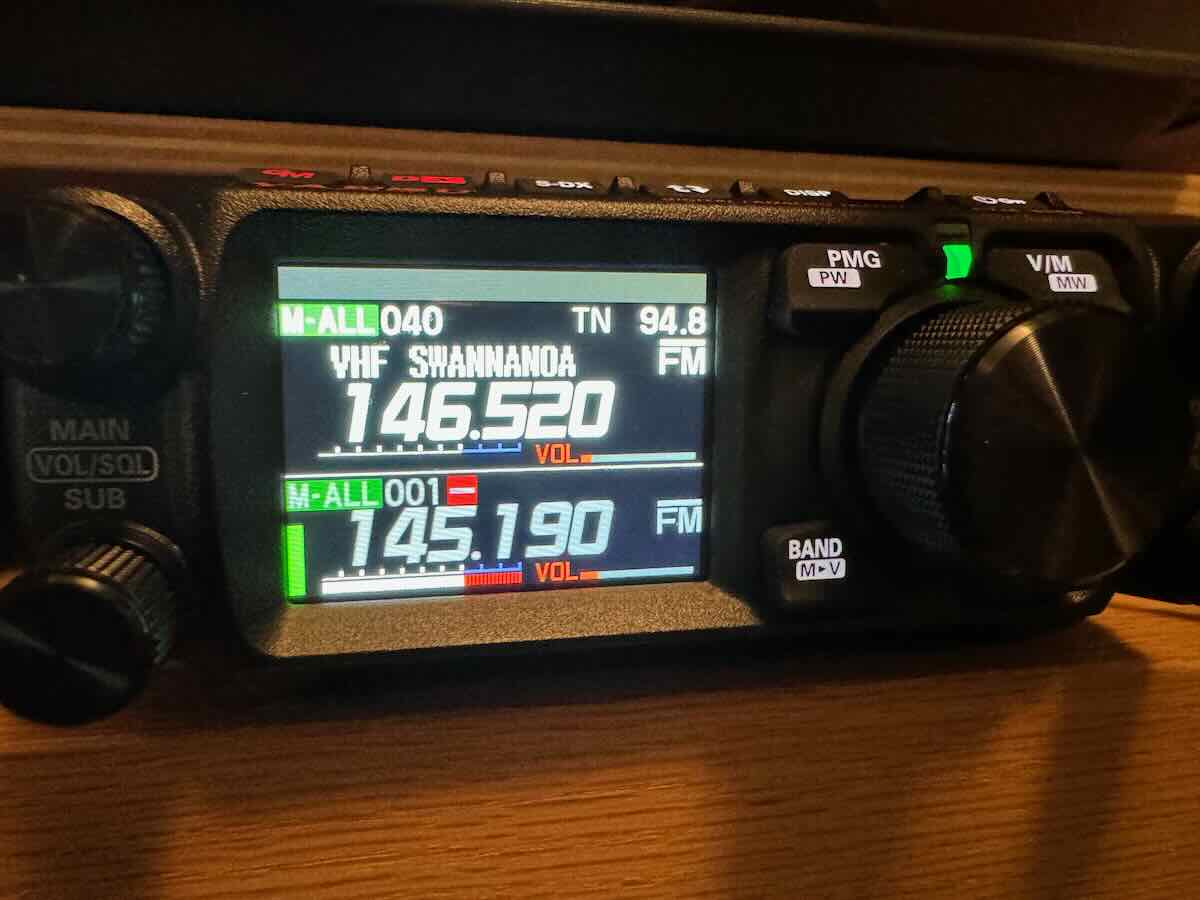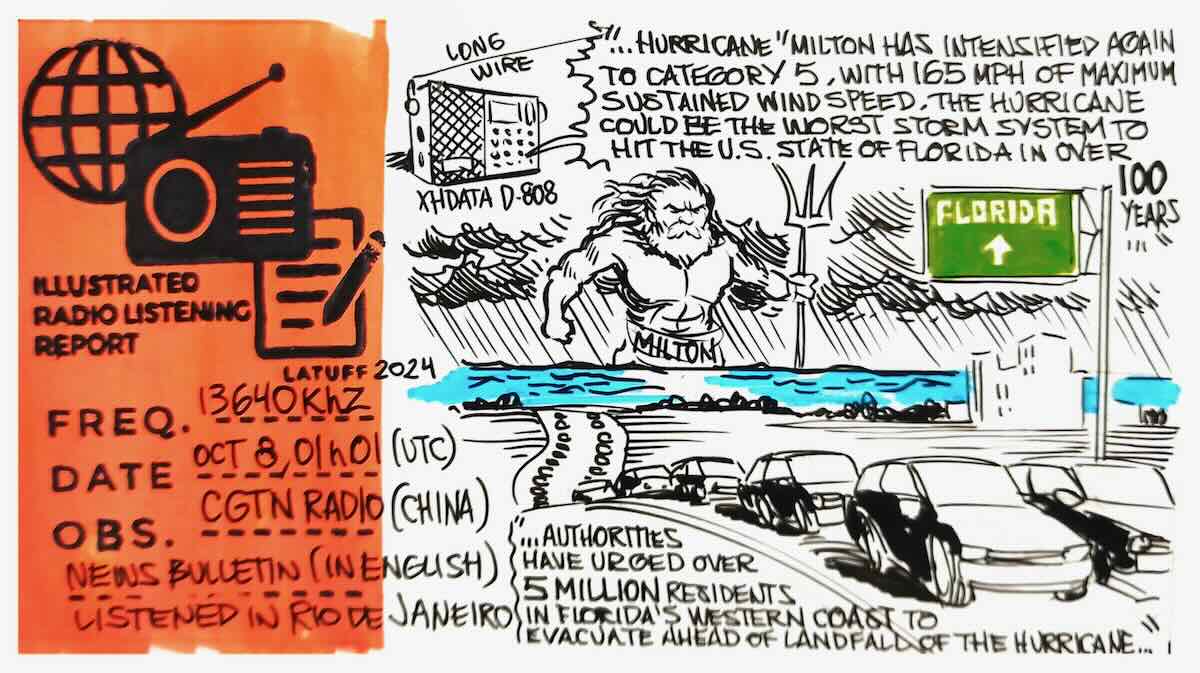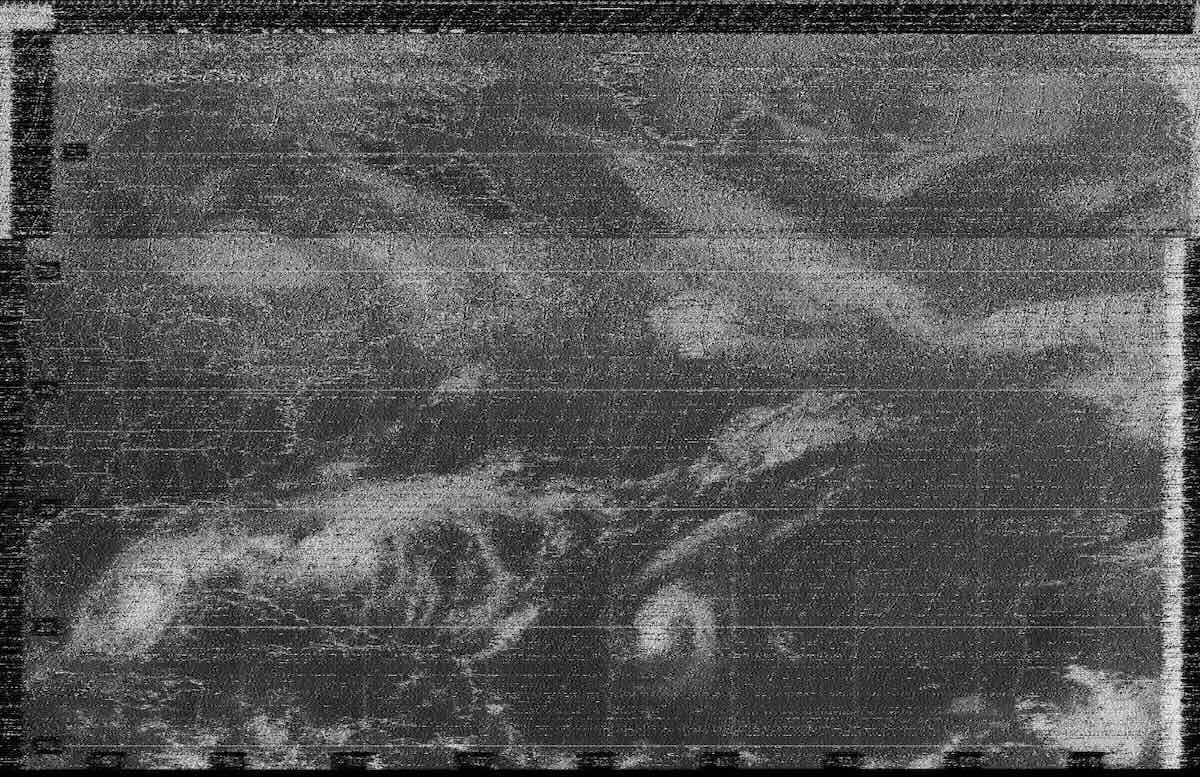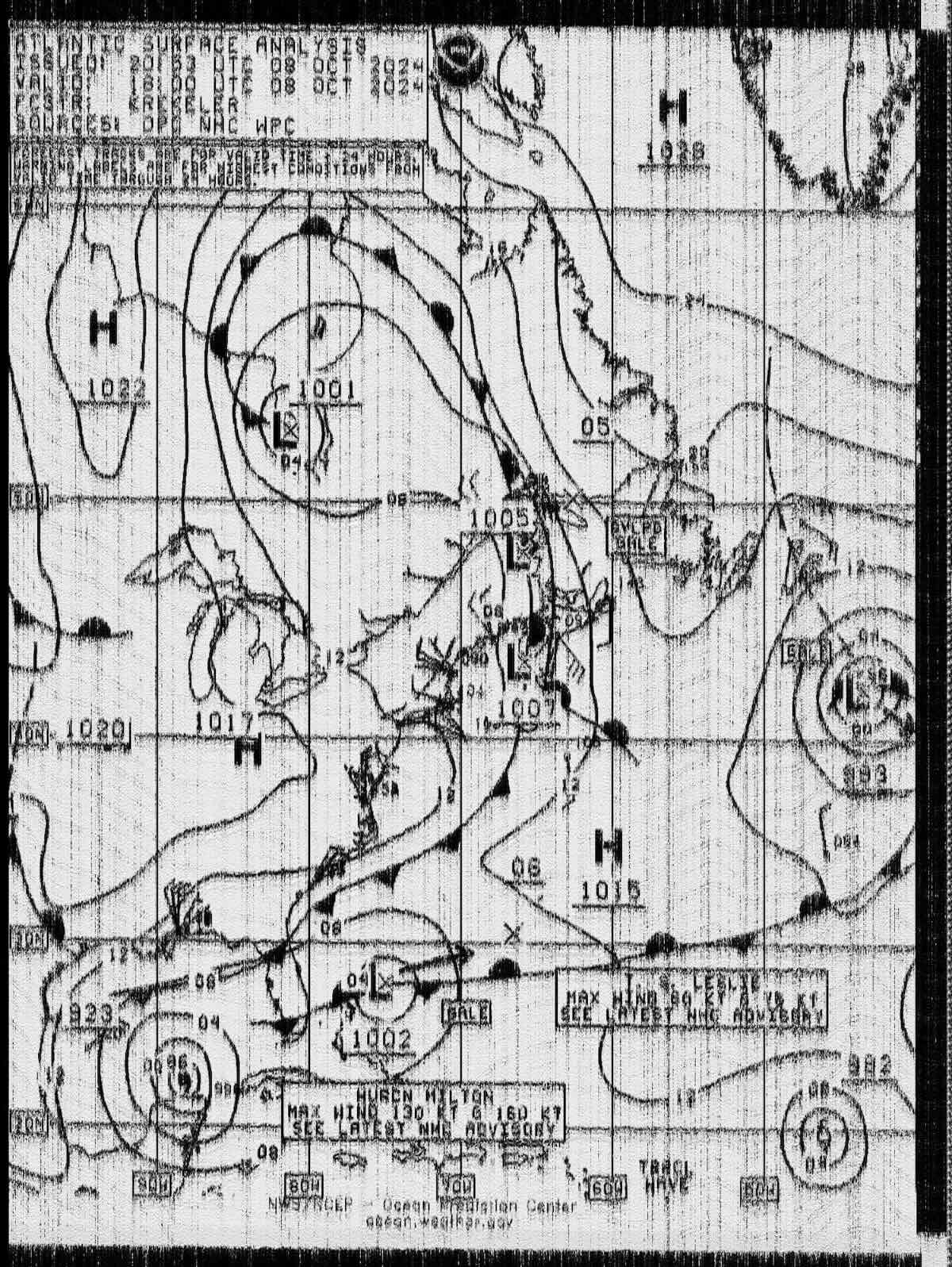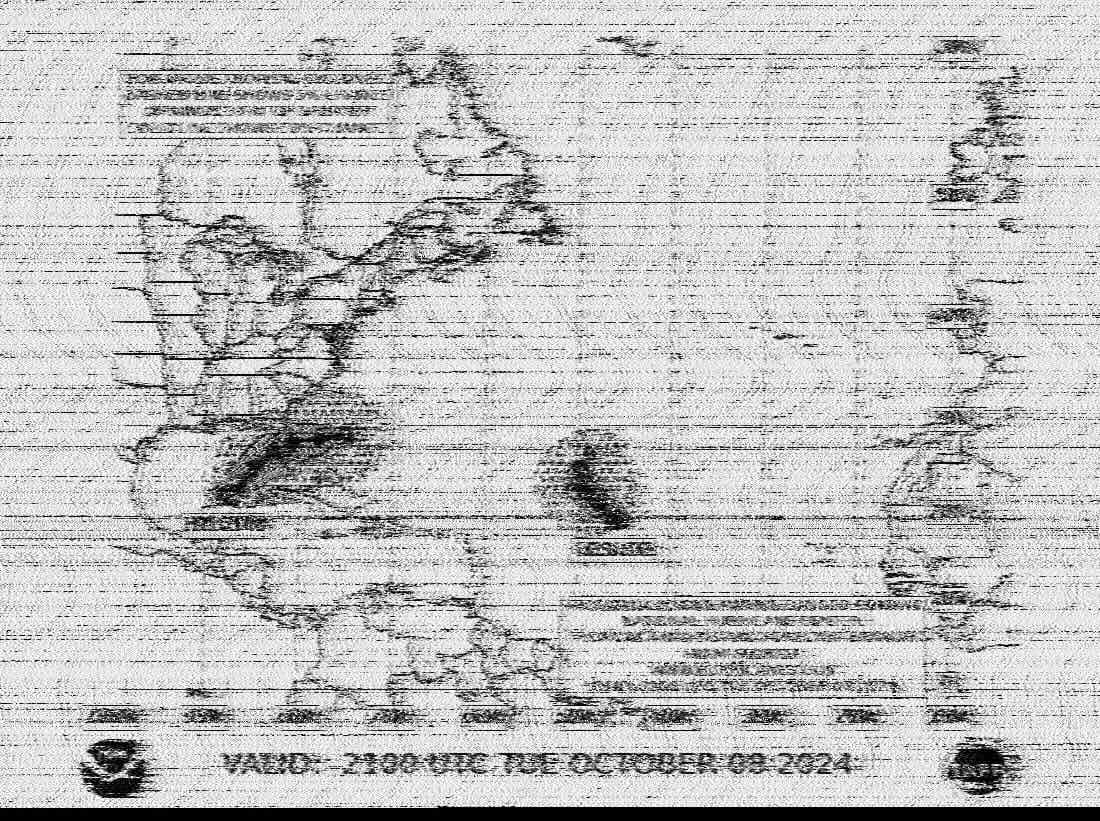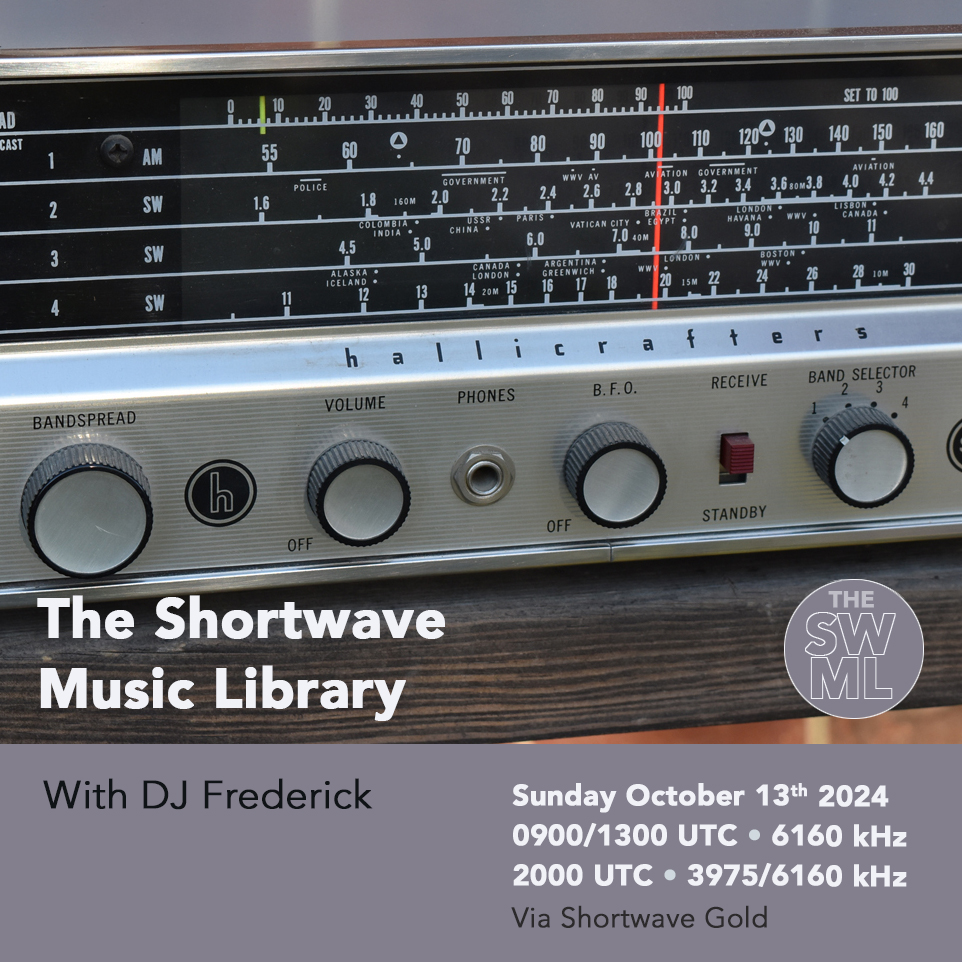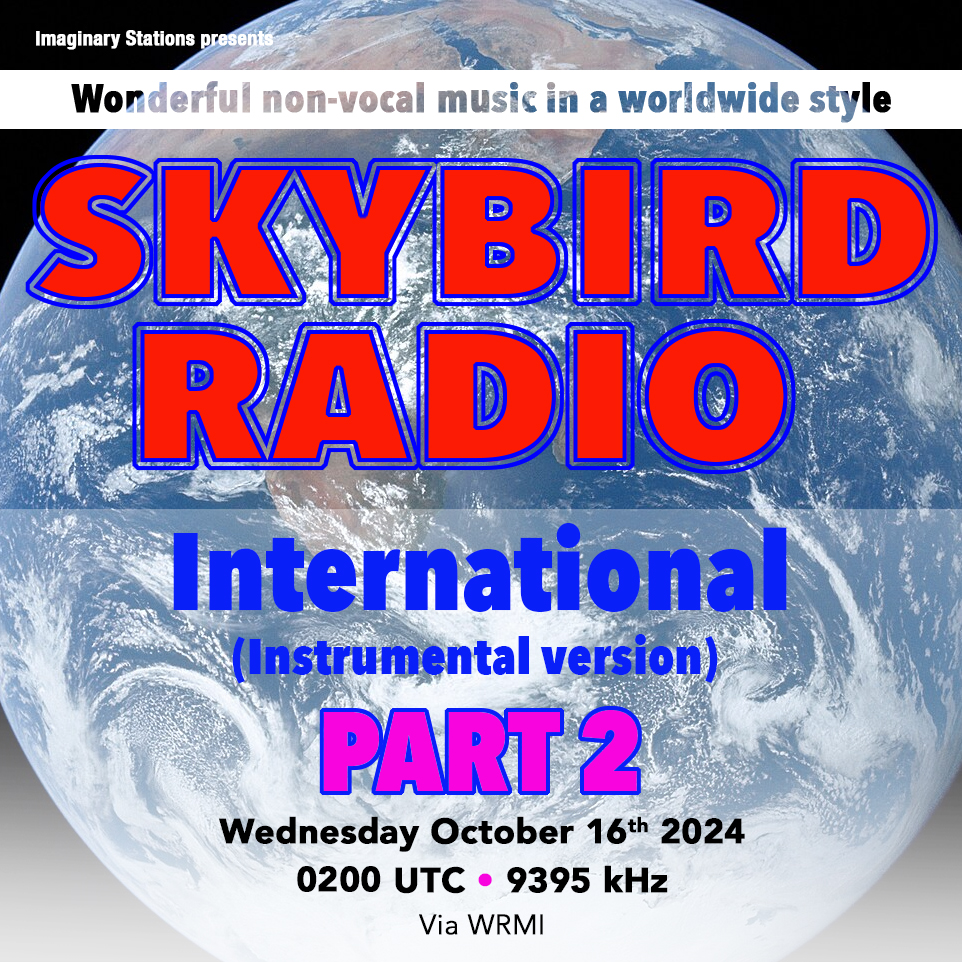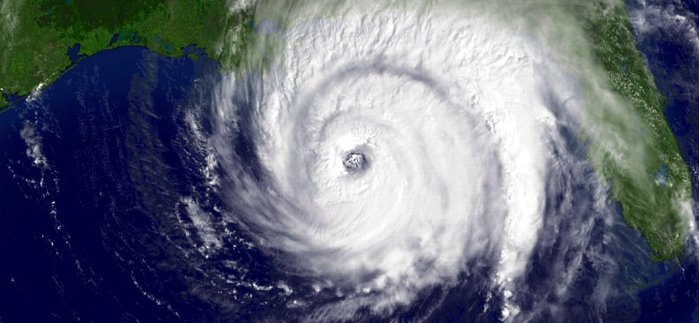 By Jock Elliott, KB2GOM
By Jock Elliott, KB2GOM
Murphy’s Law: If anything can go wrong, it will.
1st corollary: Even if anything can’t go wrong, it still will.
2nd corollary: It will go wrong in the worst possible place at the worst possible time.
Most devastating corollary: Murphy was an optimist.
“It’s tough to make predictions, especially about the future.” – Yogi Berra
The Better Half thinks I am sick, and maybe she is right, but I am unrepentant: I like disaster movies and books. True stories are better than fiction, but I like both, and I am curious about how people, real or imagined, get through whatever Horrible Event faces them.
As I have written before–here, here, and here–that when bad stuff happens, radio can be a really useful tool.
It was a comment from a reader – Rob, W4ZNG – that got me thinking some more about this. He mentioned enduring three weeks without electricity on the Mississippi Gulf Coast as a result of Katrina. So we had a phone conversation about: What do you want in your radio kit bag when faced with a longer duration, more severe regional or national emergency?
Here’s some of the stuff we agreed upon.
Gathering Information
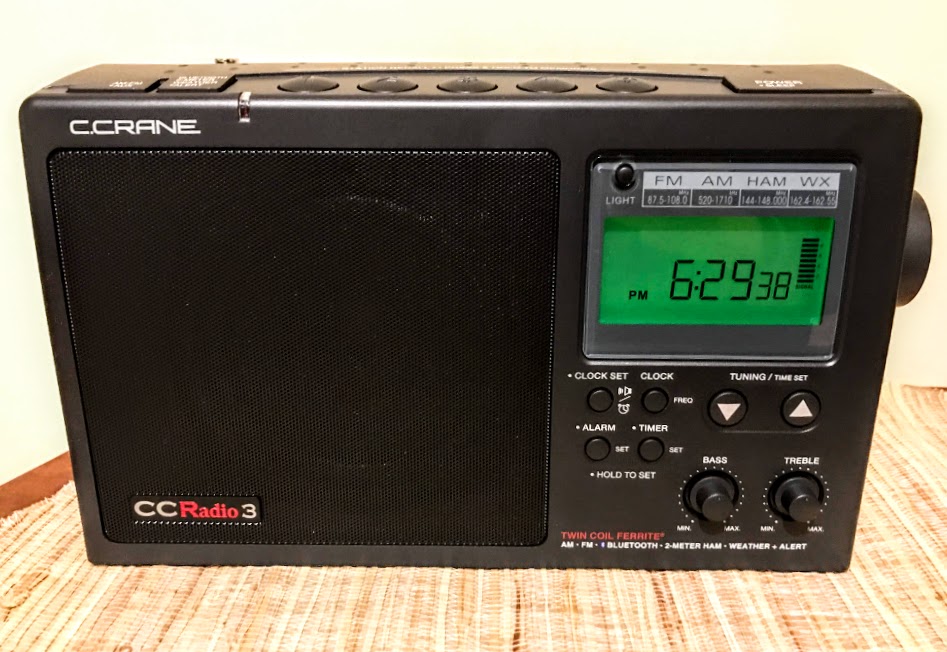 At the most basic level, you want a radio capable of receiving local AM or FM broadcasters, and it would be good to know ahead of time which local stations have local news staffs that can broadcast useful in formation in times of crisis. In addition, if you live in the US or Canada, I absolutely recommend the ability to receive NOAA weather radio. The ability to run off batteries is critical, in case the mains power is out. In addition, a generous supply of batteries, or a means to recharge batteries is in order. If you decide to go with recharging batteries, you need to think about your options now, not when the lights go out.
At the most basic level, you want a radio capable of receiving local AM or FM broadcasters, and it would be good to know ahead of time which local stations have local news staffs that can broadcast useful in formation in times of crisis. In addition, if you live in the US or Canada, I absolutely recommend the ability to receive NOAA weather radio. The ability to run off batteries is critical, in case the mains power is out. In addition, a generous supply of batteries, or a means to recharge batteries is in order. If you decide to go with recharging batteries, you need to think about your options now, not when the lights go out.
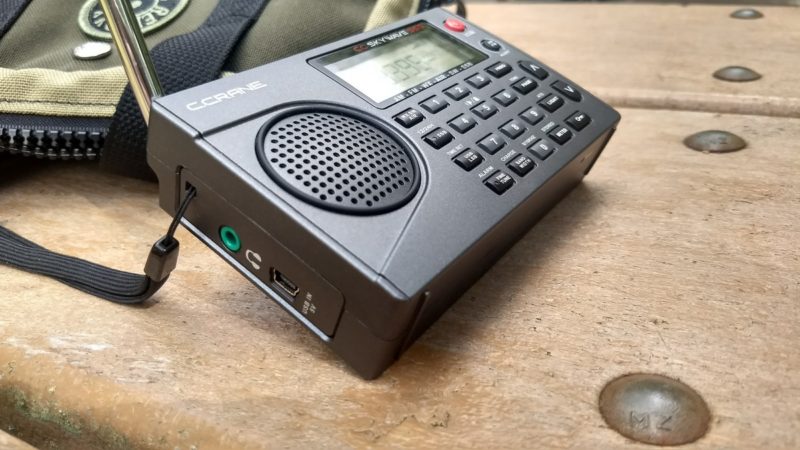
In Rob’s case, during Katrina, all of the local broadcasters were wiped out. There was a local low-power FM broadcaster who got permission to increase power to 1,000 watts and was broadcasting where to get food and water. There was a New Orleans AM station that was on the air, but all of its coverage was “New Orleans-centric.” After a few days, some local FM broadcaster, working together, cobbled together a station that they put on the air and began broadcasting news. Rob also began DXing AM stations at night to get additional news.
We agreed that shortwave broadcasters were not likely to be very useful in most cases, but a shortwave radio with the ability to hear ham radio single sideband networks might well be.
To scan, or not to scan, that is the question
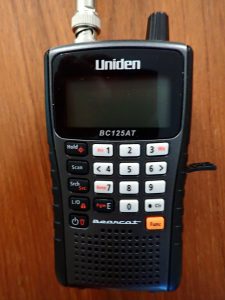
Another potential source of information are local public agency radio transmissions in the VHF and UHF ranges that could be heard with a scanner. But – and this is a very big but – that depends a lot on whether your local government (first responders, etc.) transmissions are encrypted. You need to check a source like https://www.radioreference.com/db/ to see if Public Safety transmissions in your area are encrypted. If they are, you will be unable to decipher them, no matter what equipment you own. However, an inexpensive analog-only scanner may prove very useful for listening to ham transmissions VHF and UHF (2 meters and 440 primarily) as well as FRS and GMRS.
If your local Public Safety radio systems are not encrypted, the RR database will give the details of the radio systems used by those agencies, and that in turn will determine the level of sophistication of scanner that will be required to hear their transmission.
The Radio Reference database also includes a listing of national radio frequencies including a list of federal disaster frequencies such as might be used by FEMA. In addition, I have found that the folks at the Radio Reference forum are generous with their time and expertise: https://forums.radioreference.com/ . If all this sounds a bit daunting, there are scanners that have built-in databases of all available frequencies and radio systems, and all you need to do is put in your zip code and select which services you want to hear. I own one, they work well, but they are expensive.
Summoning Help
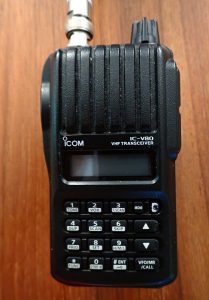
Assuming that the power is out, your cell phone may or may not work (during Hurricane Katrina, some people found that they could not make voice phone calls, but text messages would go through).
If the cell phones are not working, two-way radio may be useful to summon help and gather information. Again, some research on your part is in order. Perhaps there are 2-meter or 440 ham repeaters in your area with backup power, or maybe there is a robust GMRS repeater system. If so, get your ham or GMRS license and start participating! (It was his experience during Hurricane Katrina that prompted Rob to get his ham license, and when Hurricane Zeta hit, he was glad he had it.)
FRS bubble-pack radios are good for staying in touch while getting around the immediate neighborhood. It’s also good to have a few spares to hand to neighbors if the need arises. Often on sale (especially after Christmas) in multi-packs for less than $10 each.
Rob notes that great strides have been made in hardening cell phone towers since Katrina. When Hurricane Harvey clobbered Houston in 2017, the cell net stayed up. Even so, it would be prudent not to count on it!
The Bottom Line
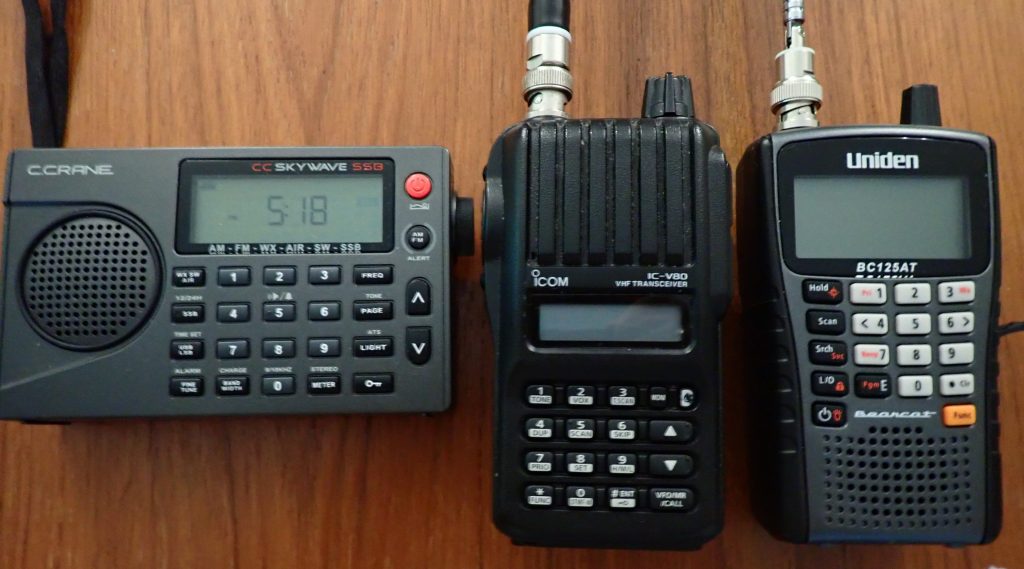 At a bare minimum the ability to receive your local AM and FM broadcasters is essential, and NOAA weather radio is also very useful. At the next step up, depending upon your local situation, a scanner may help you to gather information. In addition, the ability to monitor ham transmissions may also add to your information gathering abilities. Finally, having a ham license and the ability to transmit on ham frequencies may be very valuable in a widespread or long-duration emergency.
At a bare minimum the ability to receive your local AM and FM broadcasters is essential, and NOAA weather radio is also very useful. At the next step up, depending upon your local situation, a scanner may help you to gather information. In addition, the ability to monitor ham transmissions may also add to your information gathering abilities. Finally, having a ham license and the ability to transmit on ham frequencies may be very valuable in a widespread or long-duration emergency.
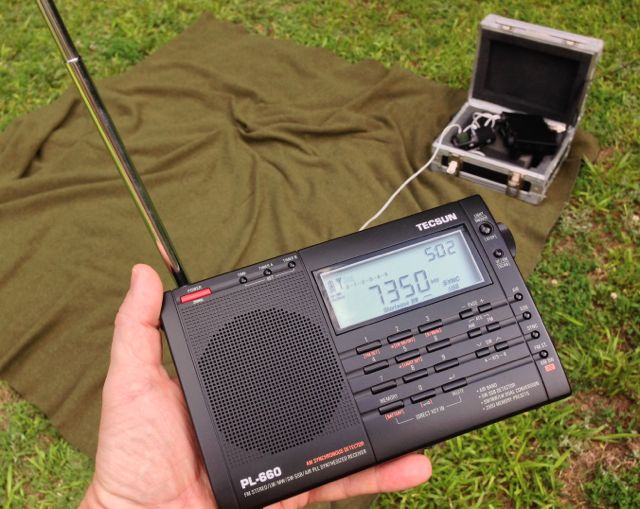 Many thanks to SWLing Post contributor, David Iurescia (LW4DAF), who shares the following news from Radio Romania International:
Many thanks to SWLing Post contributor, David Iurescia (LW4DAF), who shares the following news from Radio Romania International:
